Perceptions of Mental Health and Wellbeing
Over the last few years, the movement to change attitudes and views on Mental Health and Wellbeing has been pushed to the forefront of social media and the collective conscience of society. Initially, groups and individuals have been pushing the ‘awareness’ angle which has gained a great deal of attention, and as a result, has produced a bit of a ‘double-edged sword’.
This may be because awareness is only the first step. Awareness is knowledge, but what good is knowledge if you are not going to use it? Throughout this blog, we will use the analogy of ‘Physical Health’ to help illustrate the point. If you had a physical injury, you may attend A&E or your GP. How would you feel if you received a diagnosis but no treatment? “The Doc says I have a broken wrist. I’m going to leave it though; it’ll get better.” Mental Health and Wellbeing (MHW) is similar, a little self-recognition or seeing a professional and we gain awareness. Then we can move forward.
A great misconception is that MHW is a huge damaging issue that only trained professionals can treat. Here at T2, we challenge that in as much of a robust fashion as we can. MHW is a spectrum, a fuel gauge or half clock-face. If you can picture a clock-face from 12 to 6, imagine 12 is euphoric, ecstatic, the very, very best of you; and the 6 is the worst, self doubt or self loathing; whatever shape it takes. 3 is probably the ideal; a balanced and stable situation and, if we spend our time between 3 and 2 with the occasional dip towards 4, we’d probably be ok. The thing is, we have to be self aware; we have to acknowledge and recognise when we start dropping past 3. It may be that you take time to analyse and rationalise, it may be that you take some time for yourself and do something you enjoy, it maybe that you want to talk to someone. The one thing you should not do is ignore. The last thing we want is to brush it off until it gets worse, heading towards 5 and 6.
That’s the other thing we need to practice, MHW does not mean you have to be the extreme; broken and dysfunctional with major issues. We don’t have to be totally broken before we seek assistance. You don’t wait until all your major bones are broken before you approach a Doctor. Intervening before the problem escalates can be a shorter and much less painful process. To explain this a bit better, let’s put it into a ‘techy’ analogy: The more effort you put into maintaining a machine, the less chance there is of a breakdown and therefore a rectification being required. In other words, it’s better to carry out regular maintenance on the machine, rather than not maintain it at all, and then have to spend a lot of time and money fixing it.
We all have down days, problems that blind side us, unexpected issues and life events that are all sorts of sizes. But if these down days and problems start hitting us more and more regularly, we need to recognise this and seek help before we’re drowning in them. Regularly maintain the machine so it doesn’t completely break.
T2 Takeaways
Awareness is Knowledge - having a self-awareness of how you’re feeling mentally is very important. Once we’ve recognised we’re not quite right, we can do something about it.
Recognise when we hit 5 and 6 - if we’re feeling like we’re at 5 or 6 on the clock face, more often than not, recognise this and do something about it.
Seeking help is a strength - never let yourself believe that getting help with your mental health is a weakness.
Don’t wait till it’s broke - treat your mental health like a machine. Regularly maintain it, and it’s less likely to break.
You are not alone - There are a whole host of individuals, organisations, friends, colleagues, work mates, relatives, loved ones and anyone else who are not only prepared to help, but will offer it regularly. Don’t ever think you are going through this by yourself.
In Summary: Our perceptions of poor mental health and wellbeing in ourselves and others can be skewed by external influences. Whilst you may feel that the ‘issues’ that are troubling you are normal and you may appear weak or needy if you shared with others, these can be signs of poor mental health beginning. By ignoring and dismissing them there is the potential for it to increase and this can be decrease your ability to address it. We don’t have to leave it until it is broken before we try to fix it. By maintaining it and addressing the smaller things at the appropriate time, we may be able to ensure it does not get so far out of control that it starts to be a serious issue.
You can access more content like this with a T2 Hub licence.


